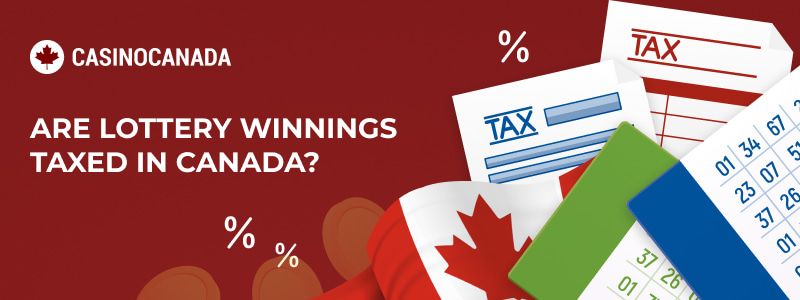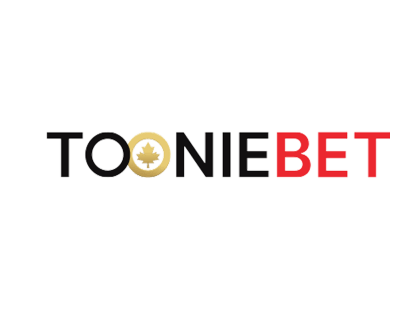
In 2024, Canada will commemorate the 50th year of its inaugural national lottery event, famously known as the Olympic lottery.took place in 1974 , which contributed over $230 million for hosting the Montreal Olympics. It featured an impressive $1 million jackpot that was tax-exempt—setting a record for the largest lottery prize at that time.
Currently, Canada offers various lottery options to its citizens, and generally, winners do not have to pay taxes on their gains, similar to the tax treatment of earnings from casino games and sports betting. Read on to discover the specific conditions under which lottery winnings might be taxed in Canada.











